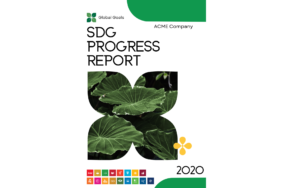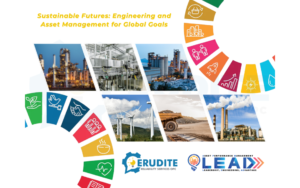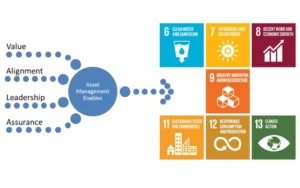The United Nations Sustainable Development Goals (UN SDGs) are a universal call to action to end poverty, protect the planet, and ensure that all people enjoy peace and prosperity by 2030. Adopted by all United Nations Member States in 2015, these goals provide a shared blueprint for peace and prosperity for people and the planet, now and into the future. They are an urgent call for action by all countries – developed and developing – in a global partnership.
The 17 Goals
The SDGs are made up of 17 interconnected goals designed to be a “blueprint to achieve a better and more sustainable future for all.” Here’s a brief overview of each:
- No Poverty: End poverty in all its forms everywhere.
- Zero Hunger: End hunger, achieve food security and improved nutrition, and promote sustainable agriculture.
- Good Health and Well-being: Ensure healthy lives and promote well-being for all at all ages.
- Quality Education: Ensure inclusive and equitable quality education and promote lifelong learning opportunities for all.
- Gender Equality: Achieve gender equality and empower all women and girls.
- Clean Water and Sanitation: Ensure availability and sustainable management of water and sanitation for all.
- Affordable and Clean Energy: Ensure access to affordable, reliable, sustainable, and modern energy for all.
- Decent Work and Economic Growth: Promote sustained, inclusive, and sustainable economic growth, full and productive employment, and decent work for all.
- Industry, Innovation, and Infrastructure: Build resilient infrastructure, promote inclusive and sustainable industrialization, and foster innovation.
- Reduced Inequalities: Reduce inequality within and among countries.
- Sustainable Cities and Communities: Make cities and human settlements inclusive, safe, resilient, and sustainable.
- Responsible Consumption and Production: Ensure sustainable consumption and production patterns.
- Climate Action: Take urgent action to combat climate change and its impacts.
- Life Below Water: Conserve and sustainably use the oceans, seas, and marine resources for sustainable development.
- Life on Land: Protect, restore, and promote sustainable use of terrestrial ecosystems, manage forests, combat desertification, and halt and reverse land degradation and halt biodiversity loss.
- Peace, Justice, and Strong Institutions: Promote peaceful and inclusive societies for sustainable development, provide access to justice for all, and build effective, accountable, and inclusive institutions at all levels.
- Partnerships for the Goals: Strengthen the means of implementation and revitalize the global partnership for sustainable development.
Importance and Impact
The SDGs are designed to address the global challenges we face, including those related to poverty, inequality, climate change, environmental degradation, peace, and justice. The goals are interconnected – often the key to success on one will involve tackling issues more commonly associated with another. The SDGs provide a framework for developing national strategies and priorities, and they also encourage countries to collaborate and innovate to achieve these ambitious targets.
Challenges and Progress
Progress toward the SDGs has been mixed. While some goals have seen significant advancements, others are lagging behind. The global COVID-19 pandemic has further complicated efforts, exacerbating existing issues like inequality and economic slowdowns, and impacting global cooperation. However, the SDGs remain a critical framework for recovery and long-term sustainability.
Moving Forward
Achieving the SDGs requires unprecedented cooperation and commitment from all sectors of society, including governments, the private sector, civil society, and individuals. It’s clear that achieving these goals can lead to a healthier, more equitable, and more prosperous world for future generations.
The SDGs are not just an agenda for governments and policy makers. They are an invitation for everyone to take part in building a more sustainable and equitable world. Whether by educating oneself and others, making conscious consumer choices, or holding local leaders accountable, every action counts toward achieving these global goals by 2030.





